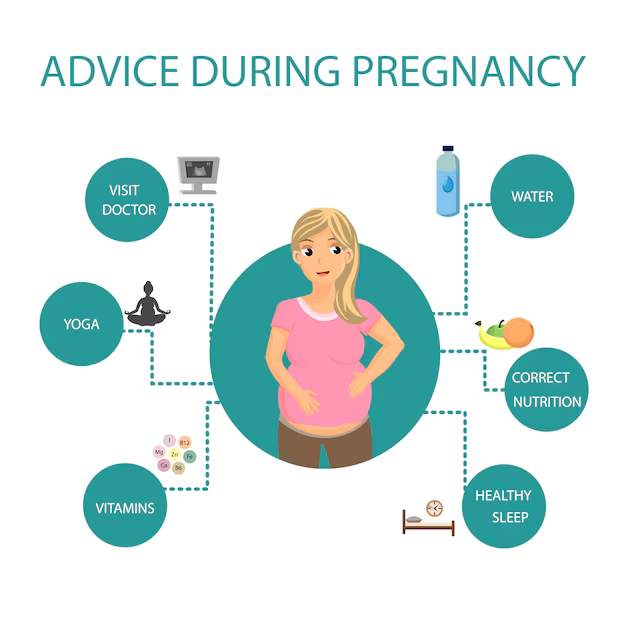How your body changes each month

Pregnancy is one of the most transformative journeys a woman’s body can go through. From the moment of conception to the day of delivery, your body undergoes incredible changes to support the growing life within you. Understanding these changes can help you feel more prepared and connected to your pregnancy. Here’s a simple month-by-month guide to how your body changes during each stage of pregnancy.
Month 1: Conception and Early Signs
What’s Happening:
Fertilization occurs, and the fertilized egg implants itself into the uterus.
Body Changes:
-
Missed period is often the first sign.
-
Mild cramping or spotting (implantation bleeding).
-
Tender breasts, fatigue, nausea, and frequent urination may begin.
Month 2: Hormonal Shifts Begin
What’s Happening:
The embryo begins to develop vital organs. Hormone levels rise quickly.
Body Changes:
-
Morning sickness intensifies.
-
Heightened sense of smell and food aversions.
-
Mood swings due to hormonal changes.
-
Slight weight gain or bloating.
Month 3: End of First Trimester
What’s Happening:
The embryo becomes a fetus, and all major organs are formed.
Body Changes:
-
Nausea may begin to ease.
-
Uterus grows, but may still not be visible.
-
Fatigue may continue, but energy starts to return.
Month 4: Baby Bump Appears
What’s Happening:
Fetus starts moving, facial features develop.
Body Changes:
-
Noticeable baby bump begins.
-
Increased energy levels.
-
Skin changes – "pregnancy glow" may appear.
-
Appetite increases.
Month 5: Movement and Mood Boost
What’s Happening:
Baby develops muscles and begins to move.
Body Changes:
-
You may feel the first kicks (called “quickening”).
-
Stretch marks might start to appear.
-
Backaches or round ligament pain.
-
Belly and breasts grow more visibly.
Month 6: Growing Belly and Emotional Shifts
What’s Happening:
Baby’s senses start developing; they may respond to sound.
Body Changes:
-
More pronounced baby movements.
-
Swelling in feet and ankles.
-
Heartburn or indigestion.
-
Shortness of breath as the uterus expands.
Month 7: Preparing for the Final Stretch
What’s Happening:
Baby starts putting on weight and developing fat stores.
Body Changes:
-
Braxton Hicks contractions may begin (practice contractions).
-
Trouble sleeping due to belly size.
-
Increased need to urinate.
-
Feeling emotionally overwhelmed or excited.
Month 8: Nearing the Finish Line
What’s Happening:
Baby’s brain is rapidly developing, and lungs continue maturing.
Body Changes:
-
Belly is at its largest size so far.
-
Breasts may leak colostrum (early milk).
-
Pelvic pressure increases.
-
More fatigue and possible back pain.
Month 9: Ready for Birth
What’s Happening:
Baby drops lower into the pelvis ("lightening"), preparing for birth.
Body Changes:
-
Frequent urination and discomfort in pelvis.
-
Sleep becomes difficult.
-
Cervix begins to thin and dilate.
-
Nesting instinct may kick in as labor nears.
Final Thoughts
Every pregnancy is unique, but understanding these general monthly changes can make the journey more manageable and meaningful. Always communicate with your healthcare provider about any concerns or unexpected changes. Take care of yourself, rest when needed, eat well, and prepare emotionally and physically for the amazing experience of childbirth.
Related Articles

What to avoid (caffeine, sugar, salty snacks)

How cycle tracking helps your health

Dealing with back pain

Respecting boundaries

Eating enough without overeating

Privacy & Security Checklist for Era App

Common Health Complications During Pregnancy: What You Need to Know

Preventing constipation with diet